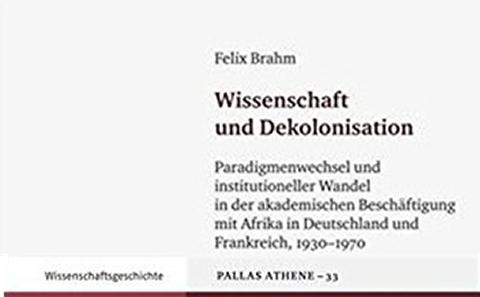Arms Trade in East Africa: A History of Globalisation, Regulation, and Colonial Rule, 1850s to 1914 Seminar

- Time:
- 16:00 - 18:00
- Date:
- 14 February 2017
- Venue:
- 65/2115 Avenue Campus SO17 1BF. All Welcome, refreshments provided.
For more information regarding this seminar, please email Joan Tumblety at J.Tumblety@soton.ac.uk .
Event details
Part of the History Department Seminar Series.
In the second half of the 19th century, firearms became a highly demanded commodity in East Africa, and arms trading strongly increased. Predominantly, these firearms were second-hand military weapons originating from Europe, North America, and South Asia. The talk begins by charting the trade routes from military arsenals to small blacksmith workshops specialising in the African market, and shipping companies operating to the East African coast. It asks about the significance and use of these artefacts in different local contexts, and in particular focuses on the specific role that firearms played in intercultural contacts.
The talk moves on to examine both African and European attempts to regulate the trading in arms. On the African side, it demonstrates strategies to channel and control firearms transfers and to gain applied technological knowledge and skills. On the European side, it shows how the African arms trade became both a political problem and a moral issue at the beginning of European colonial rule. A closer look will be taken at the inter-imperial negotiation of a ‘protection zone’ over vast parts of the African continent. This formed the basis for a colonial arms regime in East Africa which will be briefly outlined alongside practices of undermining it.
Useful Downloads
Speaker information
Dr Felix Brahm , German Historical Institute, London. Felix Brahm has been based at the German Historical Institute, London since August 2015. He received his Ph.D. from Humboldt University in Berlin on the history of African studies in the era of decolonization, putting emphasis on the question how academic formation and paradigm shifts were shaped by transnational and local factors. Before coming to London, he worked as Assistant Professor at the University of Bielefeld in a team engaged in global history. His current research project tackles the immense European-African arms trade in the second half of the 19th century and studies the attempts to control this trade.